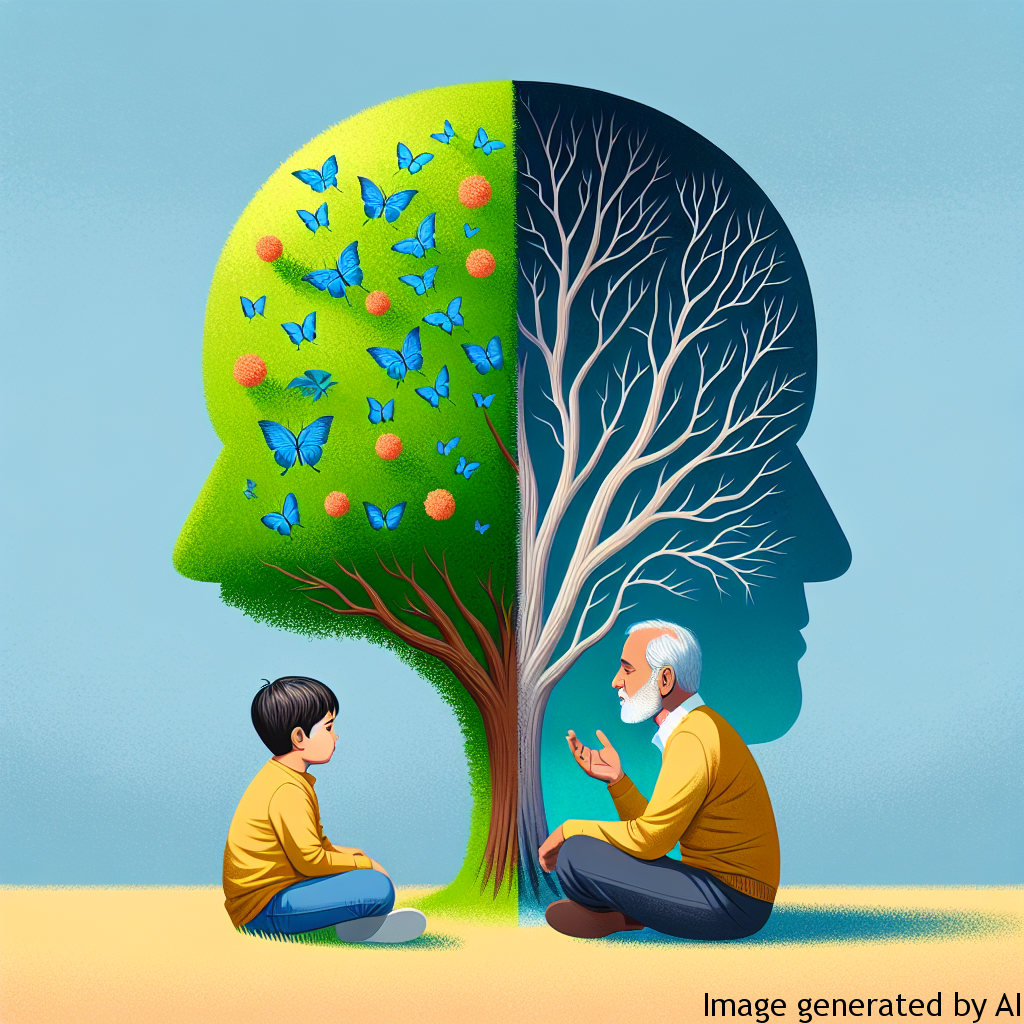Introduction
The transition into fatherhood is an integral part of a man’s life. It brings along various changes and challenges while inherently transforming his role in society. While much of the available research focuses on mothers and their mental health, there is a growing interest in understanding the psychological impact of fatherhood on men. This article explores the intersection between masculinity, societal expectations, gender roles, and the impact they have on men’s mental health as they transition into fatherhood.
Description of Gender Expectations and Their Impact on Men’s Mental Health
Traditional gender roles have long dictated the behavior and responsibilities of men in society. However, these expectations can harbor ramifications that impact a man’s mental health.
Masculinity and Mental Health
In many cultures, the image of a ‘masculine’ man is one who is stoic, independent, and resilient. This image often discourages men from expressing vulnerability, leading to an underreporting of mental health problems like stress and depression.
The ‘Provider’ Role and Mental Health
As fathers, men are often expected to be the primary economic providers for their families. This role can heighten feelings of pressure and stress, impacting a man’s overall mental health. Economic constraints or the inability to fulfill this role may lead to feelings of inadequacy or failure.
Paternal Involvement and Mental Health
Conversely, modern societal expectations also require fathers to be emotionally available and involved in their children’s lives. Struggling to balance these demands with the traditional ‘provider’ role can lead to heightened stress and anxiety.
Examples of How Gender Roles Can Impact Men’s Lives
Let’s look at some specific ways in which gender expectations can influence men’s mental health.
Firstly, men who fail to conform to traditional ideals of masculinity or who struggle with their roles may experience feelings of isolation, depression, and anxiety. These feelings may be exacerbated by the perceived societal judgment and potential stigma associated with mental health.
Secondly, the pressure to remain financially secure while also being emotionally available can lead to burnout, stress, and a lack of self-care, further ionizing mental health conditions.
Lastly, traditional male gender roles can limit the quality of father-child relationships. Men who feel compelled to suppress their feelings may struggle to connect emotionally with their children, leading to potential difficulties in the relationship.
Tips on Improving Mental Health Considering Gender Roles
Several strategies can be employed to improve mental health in the context of fatherhood and gender roles.
Firstly, it’s essential to challenge traditional concepts of masculinity that equate emotion with weakness. Creating a culture that encourages men to express their feelings and seek support can help improve overall mental health.
Creating a balance between work and family is another crucial aspect. It’s important to realize that being a ‘provider’ isn’t just about financial support, but also being there for emotional support, bonding, and nurturing.
Lastly, expanding one’s network to include other fathers or support groups can offer a platform where men can share their experiences, gain advice, and learn that they are not alone in their struggles.
Conclusion
Gender roles and societal expectations deeply influence the transition into fatherhood and have significant ramifications on men’s mental health. As society moves towards a more holistic understanding of mental health, the stereotypes associated with masculinity need to be deconstructed. Further research can assist in developing comprehensive strategies that consider the unique experiences of men as they navigate through their journey into fatherhood.

